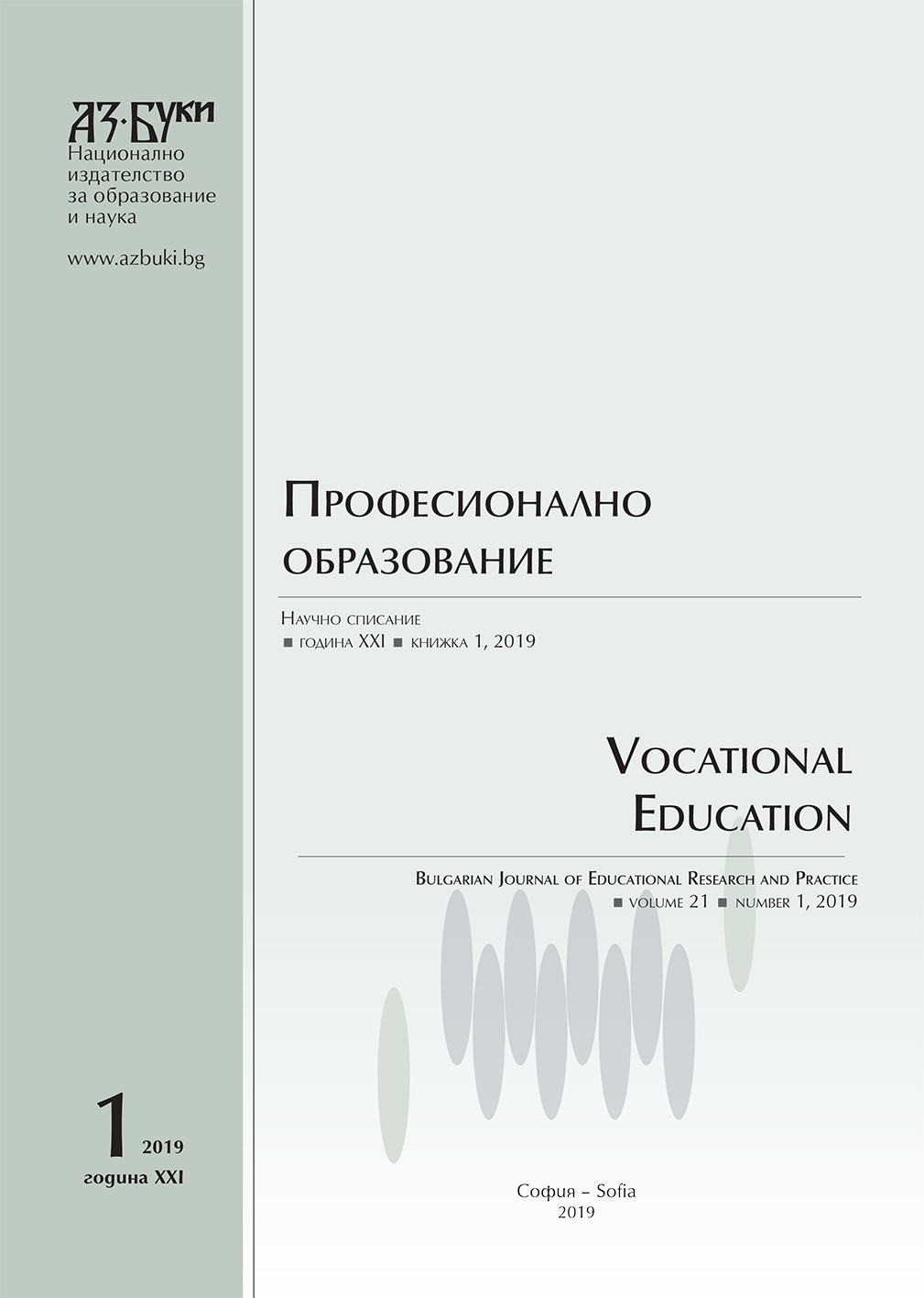София – Европейска столица на спорта: амбиции, реалности, възможности
Sofia – European Capital of Sport: Ambitions, Realities, Opportunities
Author(s): Ivan SandanskiSubject(s): Social Sciences, Education, Sociology, School education, Vocational Education, Adult Education, Higher Education , Educational Psychology, State/Government and Education, Social development, Family and social welfare, Social Informatics, Sports Studies, Social Norms / Social Control, Inclusive Education / Inclusion
Published by: Национално издателство за образование и наука „Аз-буки“
Keywords: sport; initiative; leverage; strategic utility; activation; social benefits
Summary/Abstract: The emergent concept of strategic leveraging of sport-based initiatives and events aimed at creating social benefits for local communities enables a better understanding of the role and involvement of local authorities in modifying and fast-tracking existing or developing new local sport policies, strategies, programmes and projects. The article sets out to unpack the current efforts and approach by Sofia municipality to capitalize on prospective opportunities the initiative ‘Sofia – European Capital of Sport 2018’ can provide to generate any social legacies in the form of a range of benefits for both the community and various sport organisations and educational establishments operating in the capital city. To that end, a modified version of O’Brien & Chalip’s (2007a, 2007b) conceptual exploratory framework for social leveraging was employed. The study adopted an inductive methodology and data came from a combination of participant observation, semi-structured interviews, and content analysis of documentary evidence. Analysis reveals that the potential of ‘Sport 2018’ should be assessed not so much on any outcomes derived, but rather on to what extent those effects actually tell us why or how they occurred. In other words, what mechanisms and strategies undertaken around the initiative have been effective (or not), for whom, and in what specific context. However, the lack of systematic empirical research and any published evaluation reports with detail information on participants’ history and background, context of activities, capacity of engaged organisations, and embedded resources and mechanisms, seriously undermines the endeavours to drawing objective findings and making evaluations about the initiative’s leveraging for producing desired social outcomes. This speaks for a rather ad hoc than a strategic approach on the part of the actors involved. Implications for practice and future research on strategic leverage of sport initiatives are presented.
Journal: Професионално образование
- Issue Year: 21/2019
- Issue No: 1
- Page Range: 20-36
- Page Count: 17
- Language: Bulgarian
- Content File-PDF

